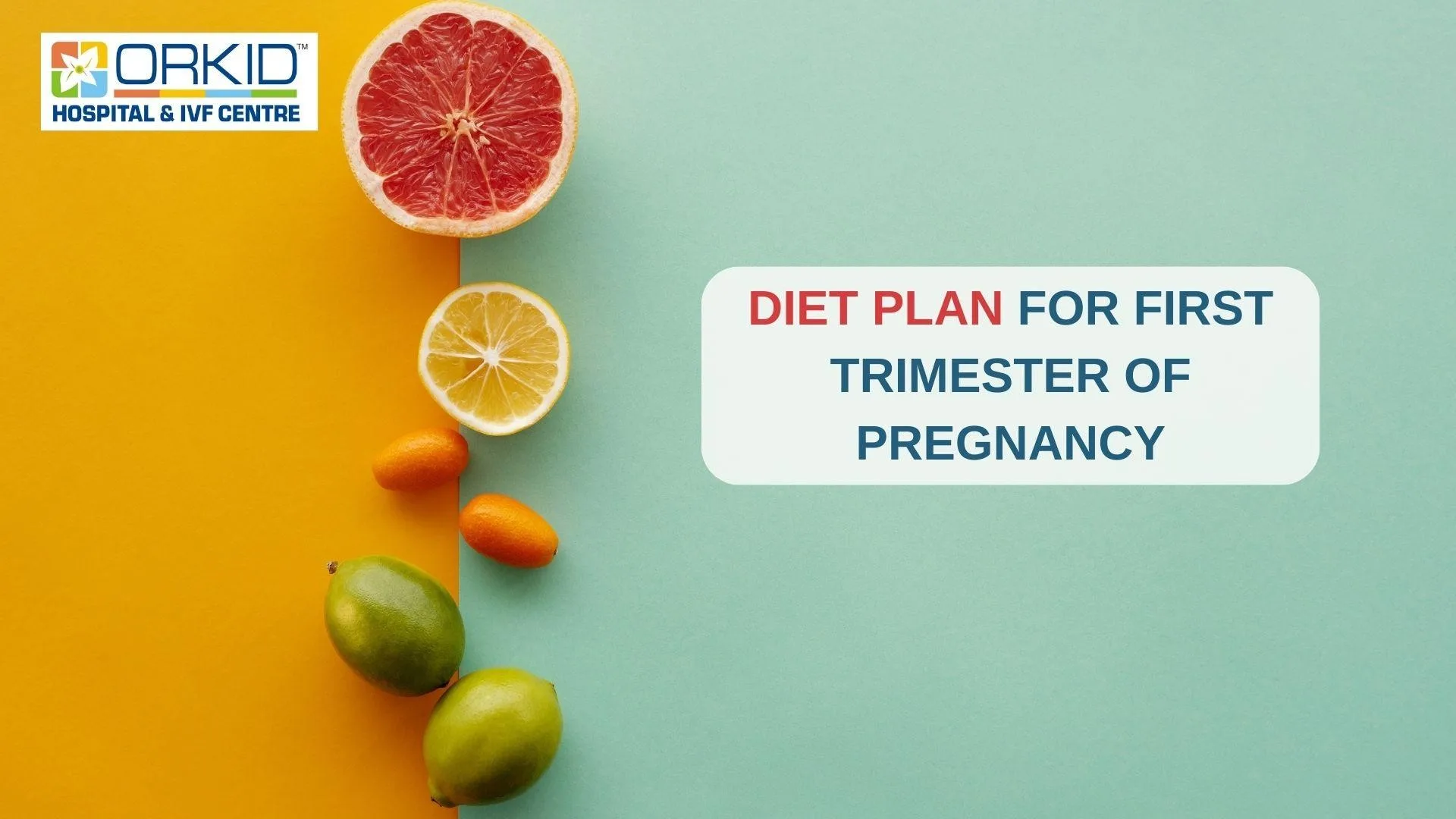Everything you need to know about IUI
Q. What is IUI?
➡️IUI stands for in intrauterine insemination. It’s also sometimes called donor insemination, alternative insemination, or artificial insemination. IUI works by putting sperm cells directly into your uterus around the time you’re ovulating, helping the sperm get closer to your egg. This cuts down on the time and distance sperm has to travel, making it easier to fertilize your egg.
Q. How it’s done?
➡️Before having the insemination procedure, you may take fertility medicines that stimulate ovulation. Semen is collected from your partner or a donor. It goes through a process called “sperm washing” that collects a concentrated amount of healthy sperm from the semen.
Then your doctor puts the sperm right into your uterus. Pregnancy happens if sperm fertilizes your egg, and the fertilized egg implants in the lining of your uterus.
Q. What to expect when you have the procedure?
➡️IUI is a relatively painless and non-invasive procedure. IUI is sometimes done in what is called the “natural cycle,” which means no medications are given. A woman ovulates naturally and has the sperm placed at a doctor’s office around the time of ovulation.
➡️IUI can also be combined with ovarian stimulation. Medications such as clomiphene citrate (Clomid), hCG (human Chorionic Gonadotropin), and FSH (follicle-stimulating hormone) may be used to prompt the ovaries to mature and release an egg or multiple eggs. Ovulation with more than one egg usually increases the chance of pregnancy.
➡️Each medical facility and doctor will have their own specific instructions for the IUI procedure. After your initial consultation, when you and your physician have determined that IUI is the best course to pursue, a typical timeline may include the following:
• You may have several office visits while on your period for bloodwork, ultrasounds, and medication instructions.
• If medications are prescribed, you’ll usually start taking them while on your period.
• About a week after starting the medication, you’ll likely have another ultrasound and possibly bloodwork.
• Depending on your test results, your doctor will determine when you’re ovulating, and you and your partner will return to the clinic. This is typically 10 to 16 days after starting the medications.
• Your male partner will provide a semen sample the day of the procedure, or the donor sperm will be thawed.
• The sperm will immediately be taken to a lab where they will be “washed.” This is a process where the seminal fluid and other debris are removed so that the sperm is very concentrated and unlikely to irritate the uterus.
Q. When to consult your doctor ?
➡️ If you’re currently taking fertility medications for IUI and experience any of the following symptoms, you should call your doctor immediately.
• dizziness or lightheadedness
• sudden weight gain of more than 5 pounds
• shortness of breath
• nausea and vomiting
• severe abdominal or pelvic pain
• sudden increase in abdominal size
Benefits / Indications
➡️IUI can be performed using a male partner’s sperm or donor sperm. IUI is most commonly used in these scenarios:
• unexplained infertility
• mild endometriosis
• issues with the cervix or cervical mucus
• low sperm count
• decreased sperm motility
• issues with ejaculation or erection
• same-sex couples wishing to conceive
• a single woman wishing to conceive
• a couple wanting to avoid passing on a genetic defect from the male partner to the child
Success rate
➡️IUI is a simple and low-tech procedure, and it can be less expensive than other types of fertility treatments. It increases your chances of pregnancy, but everyone’s body is different, so there’s no guarantee that IUI will work.
Contraindications
➡️IUI isn’t effective in the following scenarios:
• women with moderate to severe endometriosis
• women who have had both fallopian tubes removed or have both fallopian tubes blocked
• women with severe fallopian tube disease
• women who have had multiple pelvic infections
• men who produce no sperm (unless the couple wishes to use donor sperm)
In situations where IUI isn’t recommended, another treatment such as IVF may be helpful. If you wish to discuss options for conceiving, your doctor can help determine the best course for you.











